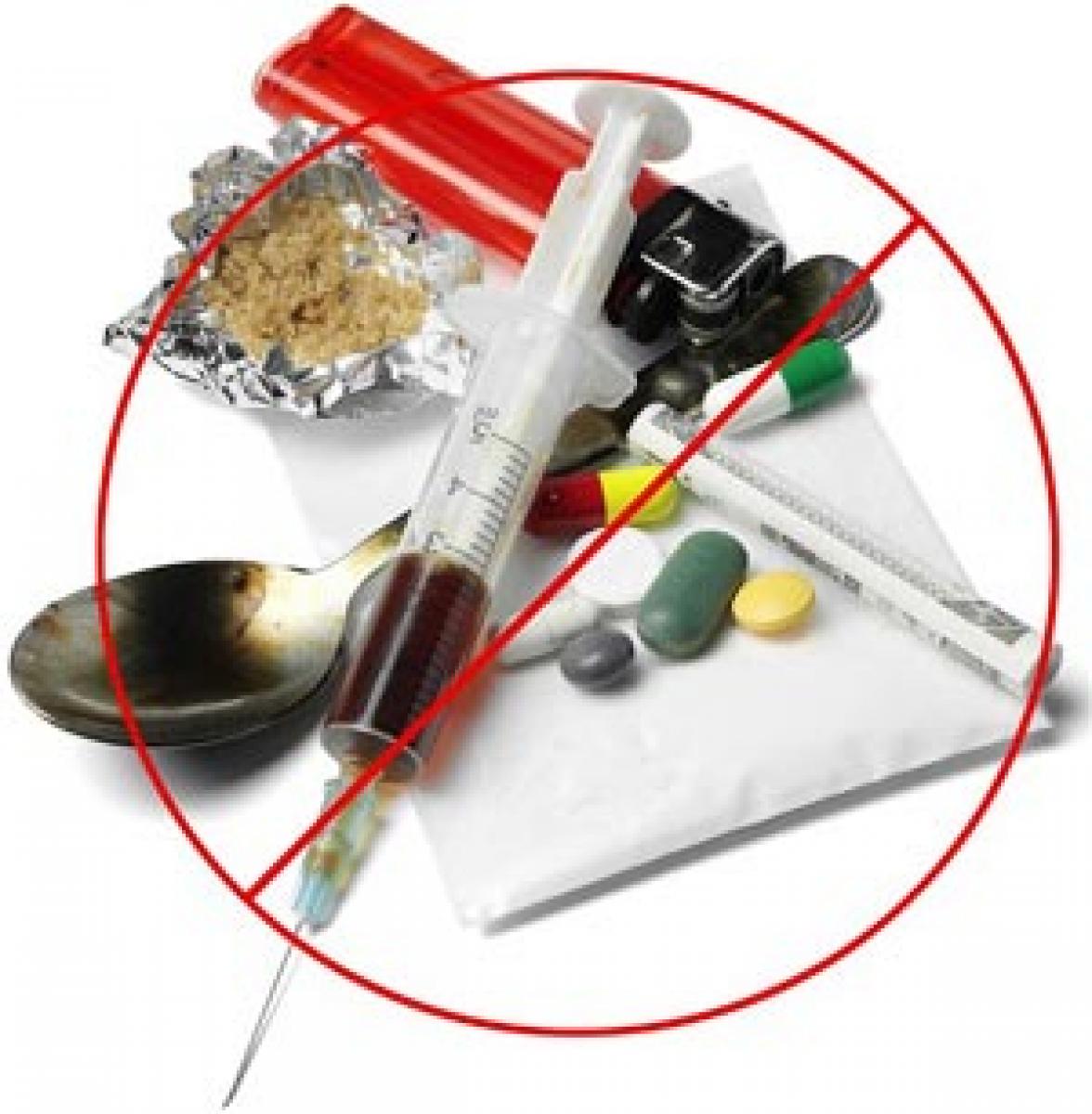Live
- Pant shatters Iyer's IPL auction record, sold to Super Giants for Rs 27 cr
- Yuva Sangeetha Sammelanam held
- Dharani proves a bane for 25K families across State
- Reckless, Dangerous Arms Race
- Russia needs a peace deal as it is running out of soldiers
- MyVoice: Views of our readers 25th November 2024
- Lack of planning, weak narrative behind MVA debacle
- UTF dist unit golden jubilee celebrations begin
- TSIC launches ‘Innovations 101’ coffee table book
- Drone technology for crime control
Just In

The Narcotic Drugs and Psychotropic Substances (NDPS) Act came into force on November 14, 1985, and has become the statute under which all cases relating to possession, consumption, and sale of ‘Narcotic drugs’ are prosecuted.
Uttarakhand has moved towards legalising marijuana. However, farmers will only grow this for industrial purposes, generally to makes fibres, and not for recreational purposes
The Narcotic Drugs and Psychotropic Substances (NDPS) Act came into force on November 14, 1985, and has become the statute under which all cases relating to possession, consumption, and sale of ‘Narcotic drugs’ are prosecuted. However, it is necessary to understand that this Act has evolved over the years, and has been amended thrice (1988, 2001 and 2014) which has changed its scope and direction.
The Prevention of Illicit Trafficking in Narcotic Drugs and Psychotropic Substances Act was passed in 1988 and was brought in to ensure full implementation and enforcement of the NDPS act. Before 1985, there was no law which criminalised the possession and use of drugs, and so the social convention prevailed.
Religious and mythological history had references to the usage of drugs, and throughout India, marijuana and its various derivatives were sold freely, and were viewed in the same light as alcohol, and consumed, albeit in different forms. It is believed that one of the reasons behind the NDPS coming into force is the Single Convention on Narcotic Drugs which was an international treaty drafted in 1961.
The Convention aimed at preventing the production and sale of specified narcotic substances. It was far broader in its scope than previous treaties because it covered newer drugs that did not exist when the previous treaties had been drafted. However, the Convention is not in itself applicable to any nation, but instead recommends nations to adopt similar measures. Such laws were amended by the US in the form of the Controlled Substances Act and by the UK through the Misuse of Drugs Act.
India did not buckle under international pressure, particularly from America, and kept the sale of marijuana for nearly 25 years. However, as the War on Drugs gained momentum and India’s economic position weakened, Rajiv Gandhi-led administration had to finally buckle under the pressure and the NDPS Bill was introduced on August 23, 1985, and assented by the President on September 16, 1985.
The NDPS Act contains 5 Chapters, with each chapter dealing with a certain subject with respect to the statute. The first chapter serves as a Preliminary chapter, introducing and defining the various narcotic drugs and psychotropic substances, and finally highlighting that the Central government has the power to omit or add other substances to the list under the NDPS Act.
The second chapter highlights the relevant Authorities and Officers that have been created under the NDPS Act. It also sets the guidelines for the Central government to appoint a Narcotics Commissioner, to set up a Narcotic Drugs and Psychotropic Substances Consultative Committee and to fund a National Fund for Control of Drug Abuse.
The third chapter lays out the Prohibition, Control and Regulation of the previously mentioned substances. It prevents the cultivation or production of the coca plant, opium poppy or any cannabis plant by anybody, while reserving these rights with both the Central and State governments if they wish to do so, by creating rules later. Furthermore, all Inter-State and International smuggling of such substances have been prohibited.
Finally, this chapter looks at the regulation on other controlled substance that can be used to create narcotic drugs and also has clauses which illustrate cases under which opium poppy, coca plant, and cannabis plant can be legally cultivated.
Chapter four deals with the Offences and Penalties under the NDPS Act. It describes with punishment duration the various possible crimes that can be tried under this Act, such as possession of such substances, for commercial or recreational use, cultivation or preparation of such substances and smuggling of such substances.
The fifth chapter looks at the Procedure of how the cases are to be dealt with, and also set the guidelines for the officers empowered under this Act.
Over the years, this Act has been criticised as a hasty piece of legislation that had been introduced under pressure and key flaws were pointed out in its functioning.
Since there is no clear definition of what is to be done with naturally found plants like cannabis, people have been able to get away legally for consuming bhang, because even that isn’t mentioned in the Act. Furthermore, the Act has been criticised for not giving the necessary leeway to the medical usage of these substances, a change that was finally made in 2014.
The 2014 amendment created a list of ‘essential narcotic drugs’. As mentioned before, since States have been given the power to allow the cultivation of narcotic substances, Uttarakhand has moved towards legalising marijuana. However, farmers will only grow this for industrial purposes, generally to makes fibres, and not for recreational purposes.
Moreover the Uttarakhand government has also been accused of coming down hard on drug users and handing out similar punishments, as if they were drug suppliers. While there definitely are some flaws that can be worked on, the statute has had an impact on modern Indian society and is very important to any debate regarding drugs. (Courtesy: https://factly.in)
By Chaitanya Kediyal

© 2024 Hyderabad Media House Limited/The Hans India. All rights reserved. Powered by hocalwire.com







